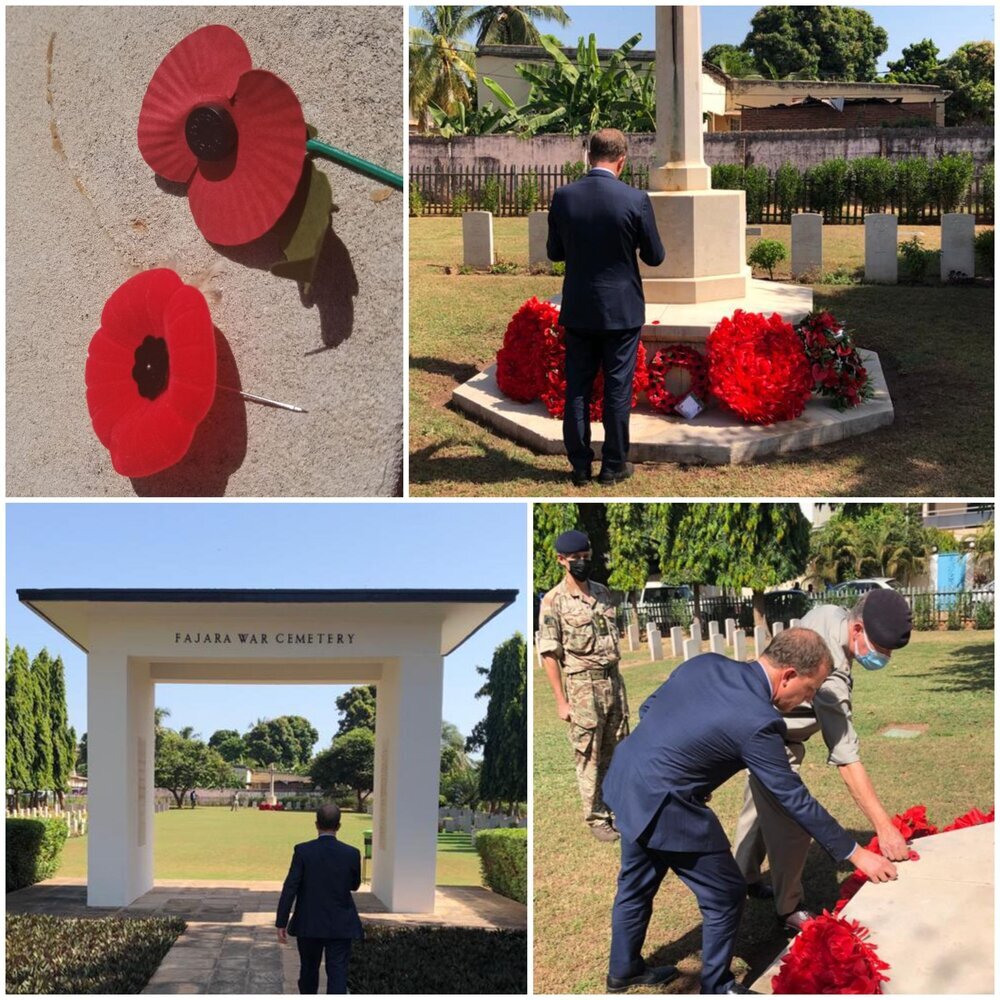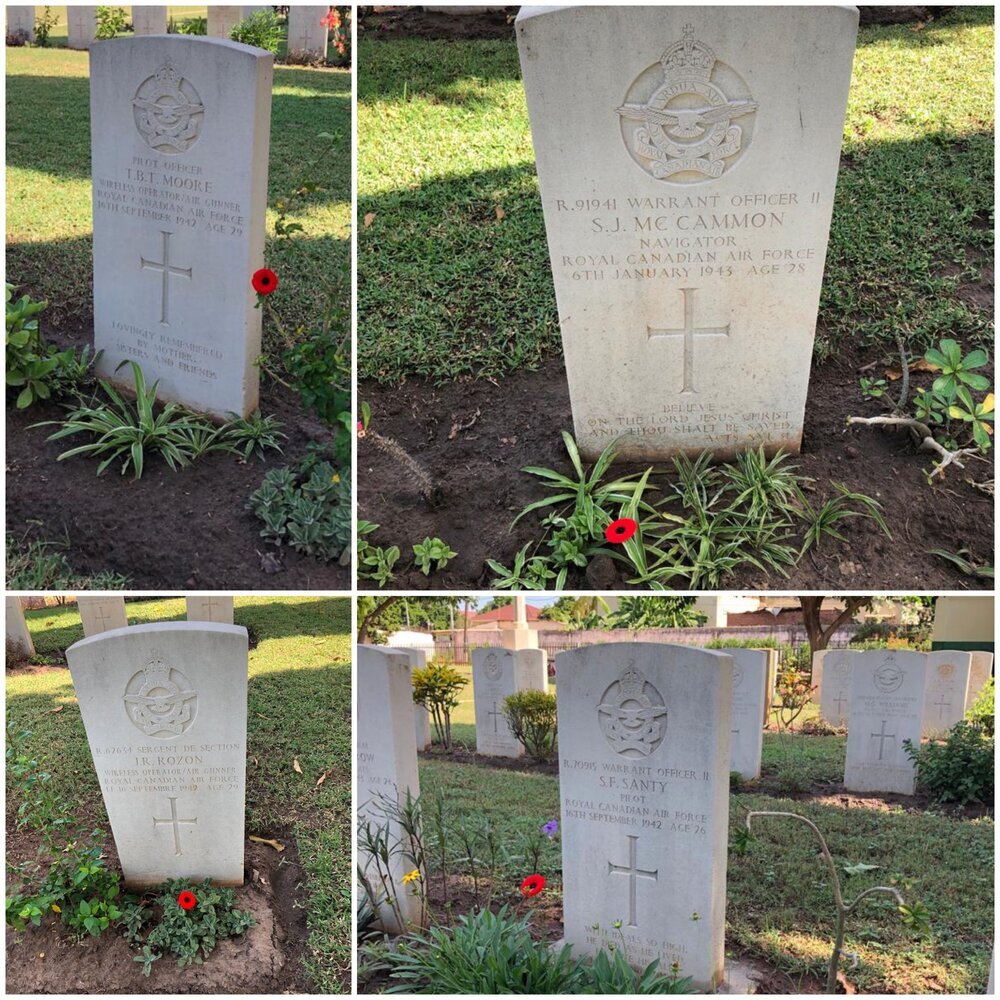At the end of a challenging year, it’s important to celebrate the positive highlights – including a milestone for the new Certificate in Health, Wellness and Sport in Society.
Julie Naugler BA’20
The first student to graduate with the new certificate, Julie Naugler BA’20 says it adds extra value to her Bachelor of Arts degree and nicely complemented her major in Anthropology. She graduated in May just a few months into the global pandemic, which brought another dimension of timeliness to the new program.
“Everyone has been impacted by this,” she says. “The pandemic will definitely strengthen interest in the program – it has shaped the way people are learning, and the things they want to learn about. The program offers a great opportunity for people to study health and wellness in more depth.”
Open to students in all three faculties at Saint Mary’s, the interdisciplinary program is administered by the Faculty of Arts in collaboration with the Centre for the Study of Sport and Health. With three core courses and a flexible range of electives, the program delves into the social, cultural, political and moral aspects of health, wellness and sport.
“For me, it really broadened my education,” says Naugler. “Health and wellness are a really big part of workplace culture, so it’s valuable knowledge in a lot of different fields.”
The certificate can provide an extra edge going into further studies and job interviews. Upon graduating, Naugler landed a job right away with Manulife in Halifax. Health and wellness are central aspects of the insurance industry, so she’s grateful for the academic background. The certificate is also beneficial to students who are interested in health care administration, health policy, sport management, the personal wellness or recreation fields, and much more.
“I would also recommend it because it’s a unique classroom situation,” says Naugler. “The professors are great and the other students add so much to the whole experience, with a lot of open dialogue and class participation.”
A rugby player and student leader at Saint Mary’s, Naugler was first drawn to the HWSS program because it combined her academic interests with her experience in sports. The 2016 AUS Rookie of the Year for women’s rugby, she was named to the AUS All-Star Team for three seasons. She volunteered on the SMU Athletic Council and also helped organize the first TEDxSaintMarysU event in late February, with talks by a wide cross-section of students, alumni and faculty.
“Athletics are my passion, so I hope to get back to campus soon to support the Huskies!” says Naugler, who also plans to stay involved with rugby through her summer league, high school coaching and volunteering.
Proud to be the first to graduate with the new certificate, Naugler watched the virtual spring ceremony with her parents and enjoyed a socially distanced driveby from friends.
“It wasn’t a graduation I had ever pictured before but I will remember it forever,” she says. “It was really special. And I’m definitely looking forward to a day when we can be back on campus with friends to celebrate together!”
Find out more about the Certificate in Health, Wellness and Sport in Society at www.smu.ca/sportandhealth/certificate.html. The next application deadline is April 15.
















